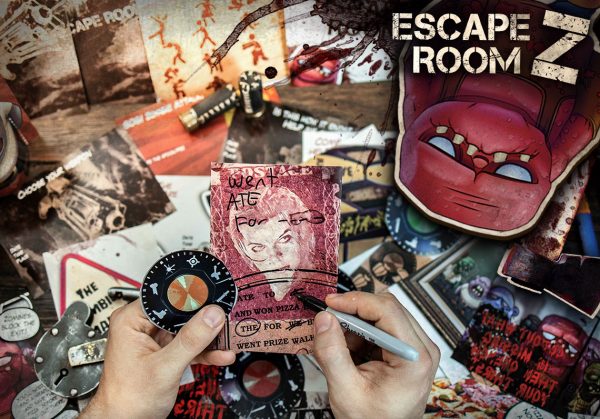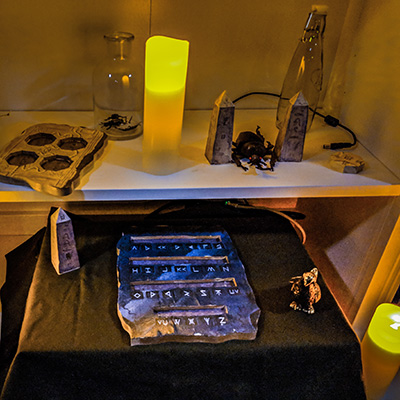Escape room school games contain many educational benefits. Those include:
• The design of school escape room games cater to all learning styles, benefiting visual, auditory and kinesthetic learners.
• Critical thinking: Escape games encourage critical thinking, teamwork, and communication skills, all of which are in high demand when students enter the workforce.
• Focus: The limited time to escape grabs students’ attention much better than dry lectures or worksheets.
• Patience: Multiple puzzles, some with multiple steps, reward kids for taking their time to reach the right solution rather than rushing through the clues and arriving at the wrong answer.
• Fun and engaging: Kids love escape rooms. Escape games appeal to them in the same way that video games and role-playing games do, resulting in the motivation needed to learn what they need to escape.
• Teamwork: Escape games require collaboration and communication. You can also creatively use the natural leaders in the class to improve classroom dynamics.
• Sparks creativity: The game’s world and the challenge of escaping fires kids up, while the interesting puzzles light their imaginations and encourage out-of-the-box thinking.
• Bloom's Taxonomy: Escape games move students directly into the application, analysis, synthesis, and evaluation levels of Bloom’s Taxonomy.
• Game Theory: Let your kids explore the theory and practice of game design, an increasingly popular career path.
• Problem Solving: Escape room school games teach kids the logical thinking required to code, an important skill in our digital world.
• Be on the cutting edge: Escape games present the subject matter in an exciting manner and also teach important ancillary skills, such as critical thinking.
So, how do you make an escape room game work in the classroom? I’m glad you asked. These steps will ensure an exciting experience for the kids and send your 'cool teacher' ratings soaring!
FR

























